What Happens If You Don't Pay Your Credit Card Debts in PH?
 2 min. read
2 min. read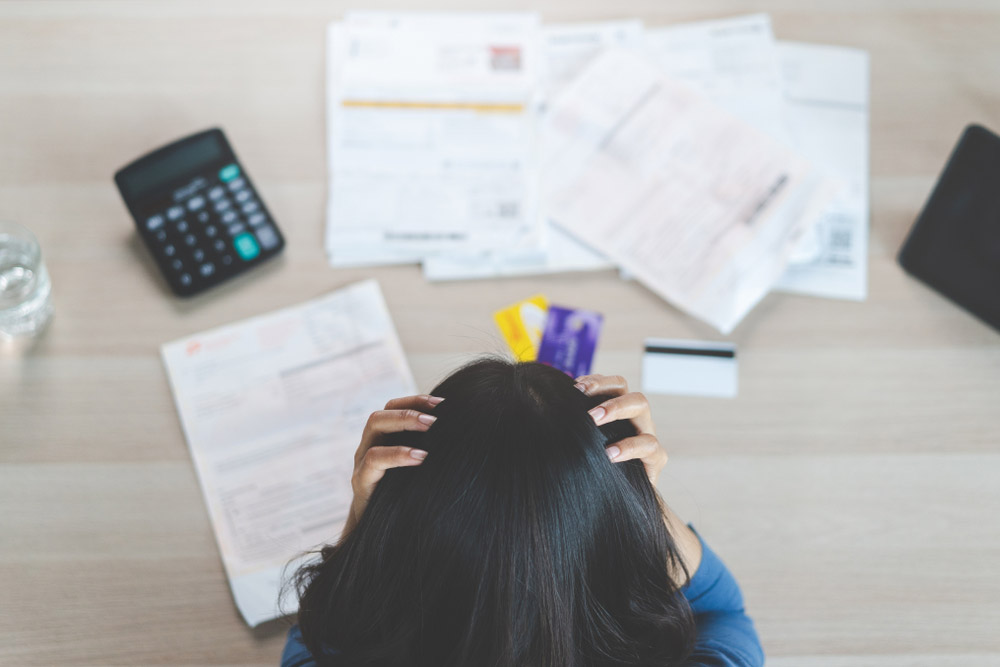
Are you in the middle of a tight financial situation? Perhaps you miscalculated some credit card transactions, or your unplanned purchases caused your credit card bill to skyrocket. When you're in this tough spot, there's no other way around it but to settle your credit card debts.
Having a credit card certainly brings a lot of conveniences, but blowing your finances out of proportion and incurring credit card debt is indeed scary. But don't fret yet—take the time to process the situation so you can be in a better position to take on the consequences (e.g., bad credit score) and settle the debt.
So, what happens to unpaid credit card debt in the Philippines? Keep reading to find out.
What Happens to Unpaid Credit Card Debt?
Unpaid credit card debt grows with interest and fees. Creditors might also take legal action, which could result in wage garnishment or other consequences. In some cases, the debt might eventually fall off your credit report after a certain period, but the financial and legal impacts can be long-lasting.
• Higher interest rates and penalty fees
For those who just started missing their payments, the first thing to expect is a higher interest rate. Paying the minimum amount will not be enough if your amount due has gone too high. Along with the increase in interest rate, the bank can also charge penalty fees.
• Suspended account
If after three months you're still not able to settle at least the minimum amount due as agreed in your credit card obligations, your account will be suspended or canceled. What's worse is your name will be recorded in the negative file that other banks have access to.
Credit card suspension will make it harder to get approved for reapplication and applying for other types of loans.
• Demand of notice from your credit card issuer
Failure to pay your debt obligations after several months will result in a demand notice from your bank. The notice will state that you need to settle your liabilities.
• Damage to your credit score
Missing payments, getting your account suspended, and receiving a demand notice—all these will reflect on your credit score, and it sounds just as bad as it reads. Your credit score shows how financially responsible you are, so it won't be easy to apply for credit cards and other loans when you have poor standing. Banks will find it hard to trust you.
• Legal action
If you default on your debts even after receiving the demand notice, the bank can file a civil suit against you. Once they file a case, a collections agency will take over your credit card debt, and they will be responsible for recovering the funds.
What Can You Do to Your Unpaid Credit Card Debt?
After knowing the serious repercussions of defaulting on credit card debts, here are some things you can do to address your liability.
• Communicate before missing a payment
Notifying your bank ahead of time that you're likely to miss a payment shows that you're proactive and financially responsible, albeit in a difficult financial situation. In some cases, creditors can help you by providing interest-only plans to give you ample time to figure things out.
• Settle the minimum amount
Paying even just the minimum amount is still better than skipping payments. Of course, it is recommended that you pay more than the minimum to reduce your remaining balance. But if you experience a month of financial setbacks, at least make sure to settle the minimum amount for the meantime and aim to pay more the following month.
• Consider balance transfers
This option will involve getting help from another credit card issuer. Balance transfer refers to the act of moving your debt from your current card to another or new credit card issuer for a lower interest rate. It will also help you avoid other hefty fees while you settle the debt.
The catch is your new bank must agree to take over your debt obligation with your original credit card issuer to transfer the balance to the new card.
• Negotiate your credit card debt
Finally, you can reach out to your credit card issuer to negotiate a debt restructuring, given that you won't be able to settle the current amount due. You can provide proof to your bank that you can repay the debt in installments (a more affordable payment plan) over a longer period.
Chances are, the bank can accommodate the request instead of seeing their customers default on their liability.
Think Before You Swipe
You never know when tough times hit, and when things get rough financially, managing your credit card dues can be a challenge. Taking control over your finances and being extra responsible with every expense can help you avoid credit card debt.
Whenever you can, aim to pay your credit card bills first before making another purchase. It's always better to build a good relationship with a bank, as having good credit and being a responsible credit card holder can go a long way.
Looking for a credit card with no annual fee in the Philippines? A no annual fee credit card lets you enjoy all the perks and rewards without charging you for the privilege of carrying them. RCBC Bankard offers just that and more—exciting perks and benefits sans the annual payment. So, apply now and take advantage of the competitive benefits!

 bc
bc





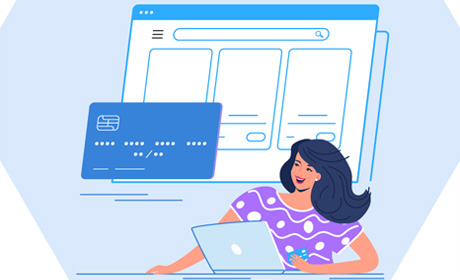










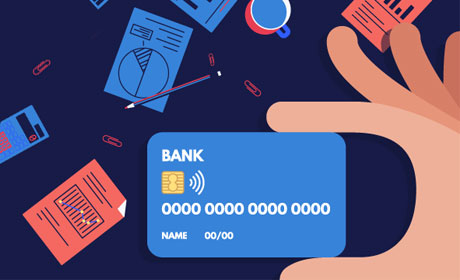
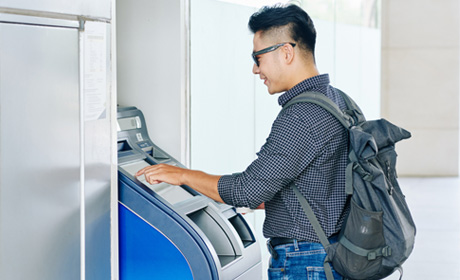

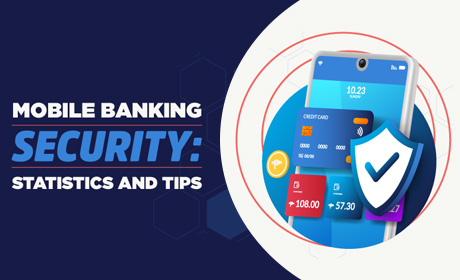
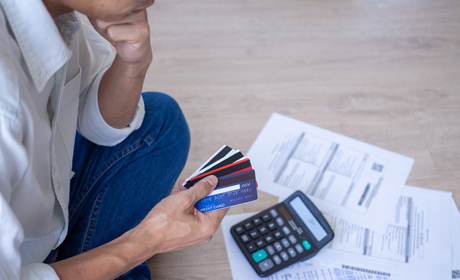

.png)
.png)




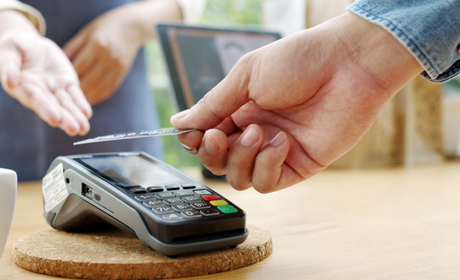
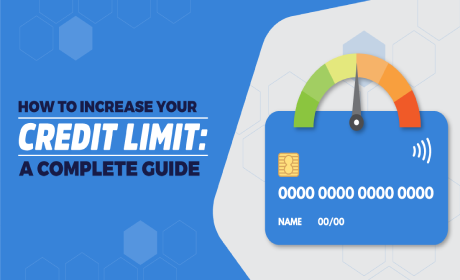
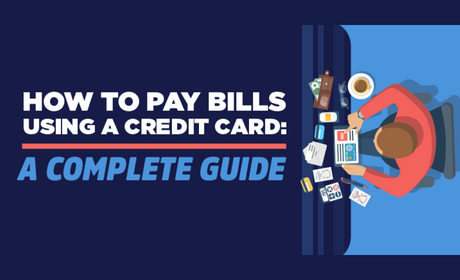



.jpg)
.jpg)
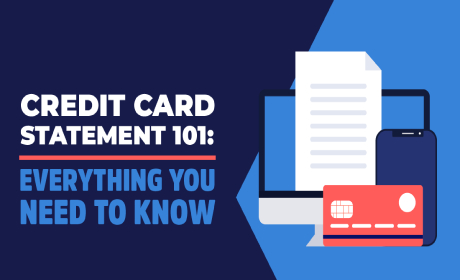
.jpg)

.jpg)
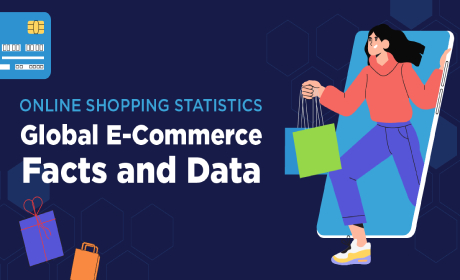
.jpg)



.jpg)
 (1).jpg)
 (1).jpg)
 (1).jpg)

.jpg)
 (1).jpg)
 (2) (1).jpg)
 (2) (1).jpg)
.jpg)
 (1).jpg)
 (1).jpg)
 (1).jpg)
 (1).jpg)


.jpg)
.jpg)
.jpg)
.jpg)
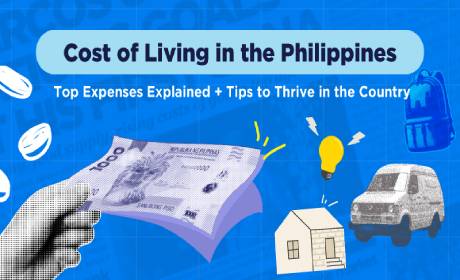
.jpg)
.jpg)

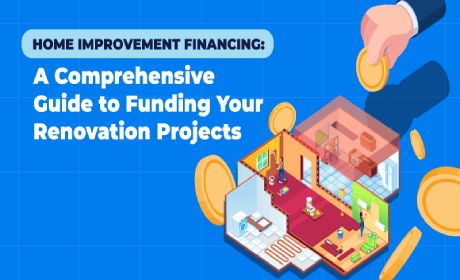
.jpg)
.jpg)
.jpg)
.jpg)
.jpg)
.jpg)
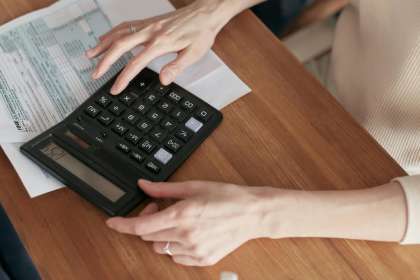

.jpg)
 (1).jpg)

.jpg)

.jpg)
.jpg)
.jpg)
.jpg)
.jpg)
.jpg)


